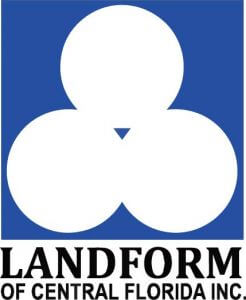CFHLA supported making the necessary changes to Chapter 509.141, Florida Statutes, to provide more clarity to guests, law enforcement, and lodging establishments.
Already signed by the Governor, SB 606 by Senator Leek and Representative Johnson amended the definitions of “transient occupancy” and “nontransient occupancy” in the public lodging establishments statute. The new definition of “nontransient occupancy” does not include hotels or motels unless a written agreement expressly states that such is the sole residence of the guest.
SB 606 provided that an operator of a public lodging establishment may remove a guest for failing to make payment or check out before the time “specified by the establishment,” instead of the “time agreed upon by both parties.” A public lodging or public food service establishment’s written or oral notice to a guest to leave is effective upon delivery, whether in person, by telephone, email, or delivered to the guest’s unit. However, requests for a guest to depart based on failure to check out or pay a public lodging establishment must be provided in writing via email, text message, or printed paper.
SB 606 also removes the requirement for a law enforcement officer to “arrest” a guest who refuses to leave an establishment in the officer’s presence and instead requires the officer to “remove” the guest from the establishment.
Lastly, SB 606 defines “operations charge” as any automatic fee, including service charges and automatic gratuities, charged by a public food service establishment other than required taxes, and requires public food service establishments to provide specific notices with specific information when imposing operations charges. The notice must clearly state the percentage or amount of the operations charge and separately indicate when automatic gratuity is included. The provisions related to automatic operation charges do not apply to dining plans, packages, and fixed-price meals.












